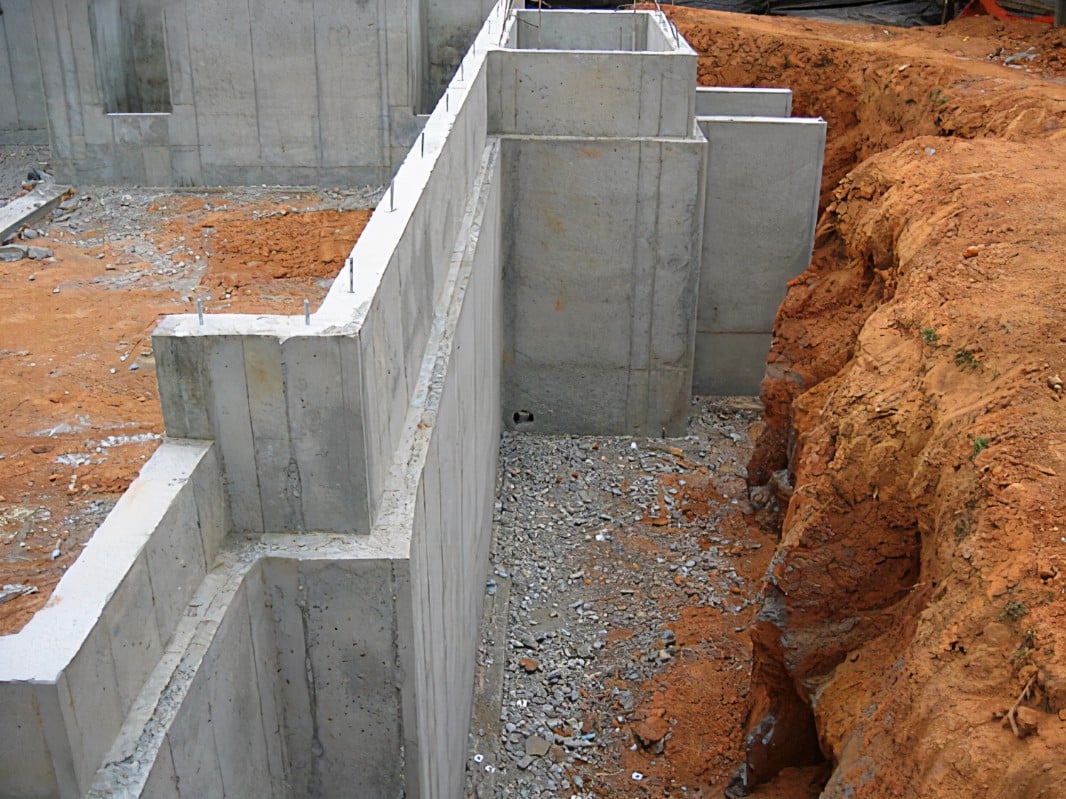Why Concrete Provides Foundation For Various Structures In El Cajon?
 When it comes to constructing durable and reliable foundations for various structures, concrete stands out as the material of choice. From towering skyscrapers to humble homes, concrete provides the essential support needed for safe and long-lasting buildings. In this article, we will explore three key reasons why concrete is the foundation of choice for various structures.
When it comes to constructing durable and reliable foundations for various structures, concrete stands out as the material of choice. From towering skyscrapers to humble homes, concrete provides the essential support needed for safe and long-lasting buildings. In this article, we will explore three key reasons why concrete is the foundation of choice for various structures.
- One of the primary reasons why concrete is the preferred choice for foundations is its exceptional strength and durability. Concrete is a composite material composed of cement, water, and aggregates like sand and gravel. When these ingredients are mixed and properly cured, they form a substance that can withstand immense weight and pressure. Concrete’s compressive strength, which measures its ability to resist crushing forces, is particularly impressive. It can withstand loads that would cause other materials to fail. This strength is essential for foundations as it supports the entire weight of a structure, ensuring that it remains stable and secure. Moreover, concrete is highly resistant to environmental factors such as moisture, temperature fluctuations, and chemical exposure. This durability ensures that the foundation will remain intact over time, reducing maintenance costs and the risk of structural issues. With concrete foundations, buildings can weather the test of time, providing a solid base for various structures.
- Concrete’s versatility is another reason why it is widely used for foundations in various structures. It can be molded and shaped into virtually any form, allowing architects and engineers to design foundations that are tailored to the specific needs of a project. Whether it’s a traditional rectangular foundation for a house or a complex, irregular shape for a commercial building, concrete can adapt to the requirements. Furthermore, concrete can be reinforced with steel bars or mesh to enhance its tensile strength, making it suitable for even the most demanding applications. This reinforcement prevents cracking and shifting of the foundation, ensuring its stability over time. The ability to customize the design and construction of concrete foundations makes it an ideal choice for a wide range of structures, from bridges to high-rise buildings.
- Concrete foundations offer a cost-effective and sustainable solution for various structures. The initial construction cost of a concrete foundation is often lower compared to alternatives like steel or timber. Additionally, concrete’s long lifespan and minimal maintenance requirements make it a financially sound choice in the long run. Its resistance to fire and pests further contribute to its cost-effectiveness. Concrete is also an environmentally friendly option. It can be made using locally sourced materials, reducing transportation-related emissions. Moreover, concrete can be recycled, and its production can incorporate sustainable practices such as using alternative cementitious materials or reducing water usage. This makes concrete foundations a green choice for builders and architects concerned about environmental impact.
FAQs
Can Concrete Foundations Be Used In Areas With A High Water Table?
Yes, concrete foundations are often used in areas with high water tables. They can be designed with proper drainage systems to mitigate the effects of groundwater, ensuring stability and longevity.
How Long Does A Concrete Foundation Typically Last?
A well-designed and properly maintained concrete foundation can last for several decades, if not centuries. Its lifespan can vary depending on factors such as environmental conditions and the quality of construction.
Are There Any Alternative Materials To Concrete For Foundations?
While there are alternative materials like steel, wood, and composite materials, concrete remains the most popular choice for foundations due to its exceptional strength, durability, and versatility. Alternatives may be considered for specific situations, but concrete is generally preferred for its reliability.
Conclusion
Concrete has proven itself as the foundation of choice for various structures for several compelling reasons. Its unmatched strength and durability, versatility in design and construction, cost-effectiveness, and sustainability make it the ideal material to support buildings of all shapes and sizes. As technology and engineering techniques continue to advance, concrete foundations are likely to remain the cornerstone of the construction industry, ensuring the safety and stability of structures for generations to come. For more information, contact Concrete Contractor El Cajon at (619) 473-4433.